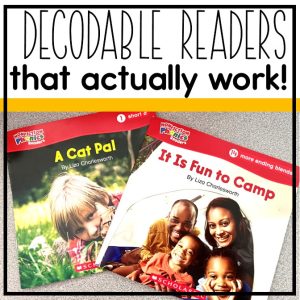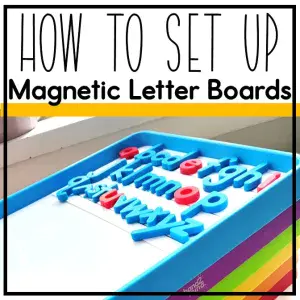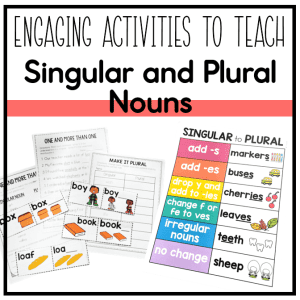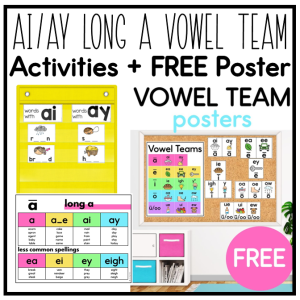
How To Effectively Assess and Teach Sight Words
Building students’ sight word fluency is a key part of reading instruction. Did you know about 150 common words make up 50% of written text? These high-frequency words are essential for reading fluency because they appear so frequently in everyday reading. Developing a strategic plan for assessing and teaching sight









